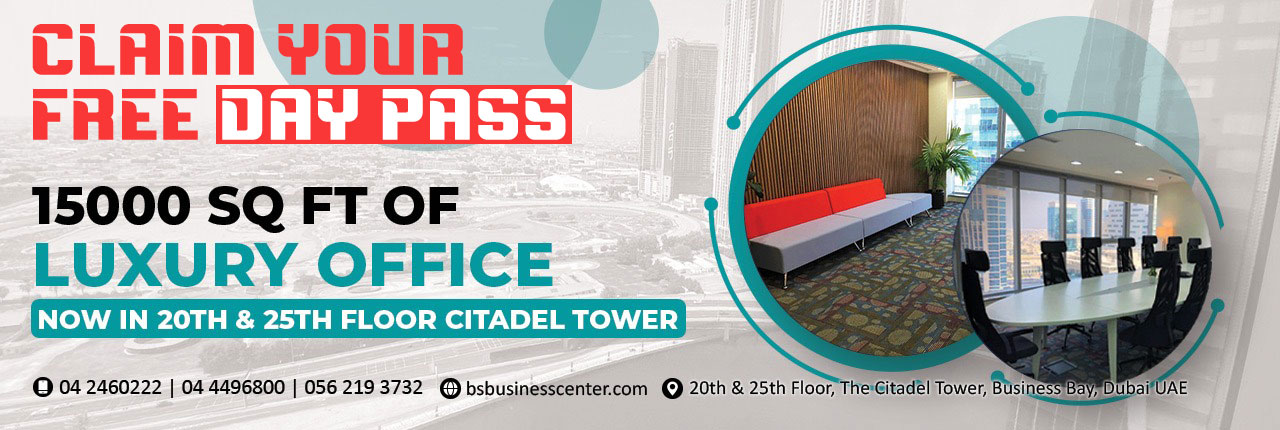In today’s dynamic business landscape, choosing the right office space is crucial for success. Dubai, a bustling hub of commerce and innovation, offers a plethora of options, from traditional office setups to trendy co-working spaces. But which is the best fit for your business? Let’s explore the advantages and drawbacks of each to help you make an informed decision.
Understanding Traditional Office Spaces
Traditional office spaces are what most people envision when they think of a workplace. These spaces are usually leased or owned by a single company and are designed to accommodate its employees exclusively. They often feature private offices, cubicles, meeting rooms, and communal areas like kitchens and break rooms.
You will be interested on: Furnished Office Spaces for Rent in Business Bay Dubai
Advantages of Traditional Office Spaces
Firstly, traditional offices provide a sense of permanence and stability. Having a dedicated space can foster a strong company culture and reinforce brand identity. Moreover, traditional offices offer more privacy and confidentiality, which can be essential for certain industries dealing with sensitive information.
Additionally, traditional offices allow for greater customization and branding opportunities. You have full control over the layout, decor, and amenities, tailoring the space to meet your specific needs and preferences. This level of control can enhance productivity and employee satisfaction.
Keep reading: Virtual Office in Dubai
Drawbacks of Traditional Office Spaces
However, traditional office spaces come with their fair share of drawbacks. One significant downside is the high cost associated with leasing or purchasing commercial real estate in prime locations. Besides, maintaining and managing a traditional office requires ongoing expenses for utilities, maintenance, and administrative staff.
Furthermore, traditional offices may limit flexibility and scalability. As your business grows or changes, you may find yourself locked into long-term leases or facing constraints in adapting the space to accommodate evolving needs. This lack of agility can hinder innovation and impede competitiveness.
You will be interested on: Virtual Office with Ejari in Dubai
The Rise of Co-working Spaces
In recent years, co-working spaces have emerged as a popular alternative to traditional offices, especially among startups, freelancers, and small businesses. Co-working spaces are shared work environments where individuals or teams from different companies can rent desks, offices, or meeting rooms on a flexible basis.
Advantages of Co-working Spaces
One of the primary benefits of co-working spaces is flexibility. With short-term leases and scalable membership options, you can easily adjust your workspace according to your changing requirements. This agility is particularly advantageous for startups and small businesses looking to minimize overhead costs and adapt quickly to market shifts.
Moreover, co-working spaces foster collaboration and networking opportunities. By working alongside professionals from diverse backgrounds and industries, you can exchange ideas, seek advice, and potentially form valuable partnerships. This collaborative atmosphere can inspire creativity and innovation, leading to enhanced productivity and business growth.
Keep reading: Co-Working Space in Dubai
Drawbacks of Co-working Spaces
Despite their appeal, co-working spaces may not be suitable for every business. One downside is the lack of privacy and control. Sharing space with multiple individuals or companies means sacrificing some degree of confidentiality and autonomy. Additionally, the open-layout design of many co-working spaces may not be conducive to tasks requiring intense concentration or confidentiality.
Furthermore, while co-working spaces offer flexibility, they may lack the stability and consistency of a dedicated office. High turnover rates among members and fluctuations in the community dynamics can disrupt workflow and diminish the sense of belonging. Moreover, amenities and resources may vary depending on the co-working space provider, impacting the overall experience.
Making the Right Choice
In conclusion, choosing between traditional office spaces and co-working spaces in Dubai requires careful consideration of your business’s needs, budget, and growth plans. Traditional offices offer stability, privacy, and branding opportunities but come with high costs and inflexibility. On the other hand, co-working spaces provide flexibility, collaboration, and cost-effectiveness but may lack privacy and consistency.
Ultimately, the ideal workspace is one that aligns with your company’s values, culture, and objectives. Whether you opt for a traditional office or a co-working space, prioritize factors such as location, amenities, community, and lease terms. By weighing the pros and cons of each option, you can find the perfect space to support your business’s success in Dubai’s vibrant economy.

